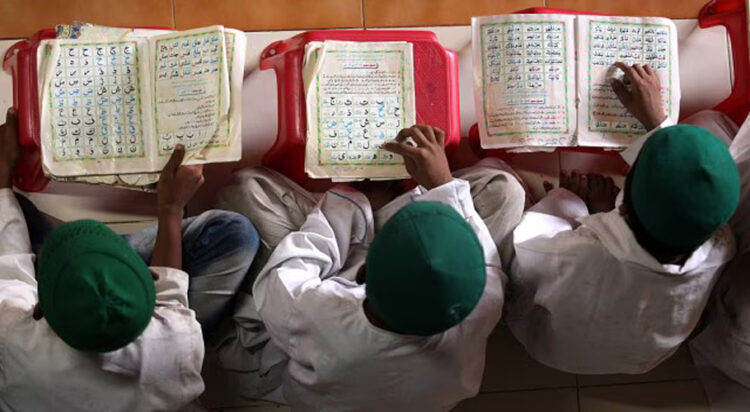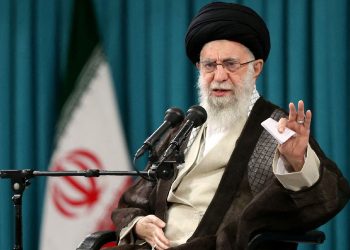The Supreme Court of India on Tuesday overturned the Allahabad High Court’s March verdict that declared the 2004 Uttar Pradesh Board of Madarsa Education Act unconstitutional, restricting Islamic seminaries from issuing higher education degrees.
The judgment clarified that madrasas, or Islamic seminaries, were not allowed to award degrees or provide higher education, violating the provisions of the University Grants Commission (UGC) Act.
Earlier, the Allahabad High Court, on 22 March declared the Act “unconstitutional,” saying it violates the principle of secularism and asked the Uttar Pradesh government to integrate the madrasa students in the mainstream education system.
Following the high court ruling, partial relief was given by the Supreme Court on April 5 to about 1.7 million madrasa students by staying the judgment of the high court.
“To live and let live is the essence of secularism, CJI D.Y. Chandrachud remarked during the hearing.
The UP government argued that the Act should not have been deemed entirely unconstitutional in appeal to the apex court.
A three-judge bench of the Supreme Court, headed by the CJI, finally overturned the Allahabad High Court judgment of March 22. The Supreme Court clarified that the UP madrasa law was not unlawful as madrasas cannot confer a higher education degree under the UGC Act.
The CJI noted in the verdict: “We have upheld the validity of the UP madrasa law, as a statute can be struck down only if the state lacks legislative competence.” The Court added that the intent behind the UP Board of Madarsa Education Act was to standardize education in madrasas.


































